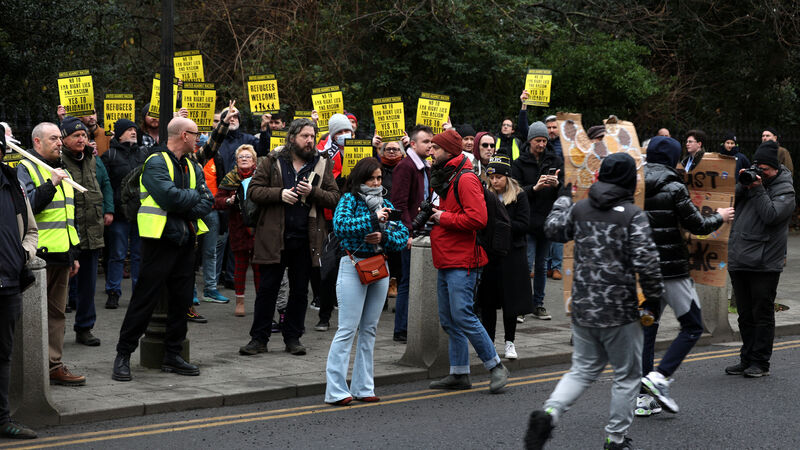Sarah Harte: Top-down approach to asylum takes Irish welcomes for granted

Last weekend, two events showed the different faces of Irish people reacting to foreign nationals.
The first on Saturday was the exceptionally sad funeral of Joshua Odonkor, a toddler who died when a grape lodged in his windpipe. I know Joshua’s family. Without wishing to breach their privacy, I also know that Joshua’s dignified, hard-working Ghanaian parents who made Skibbereen in West Cork their home were supported by the local community.















